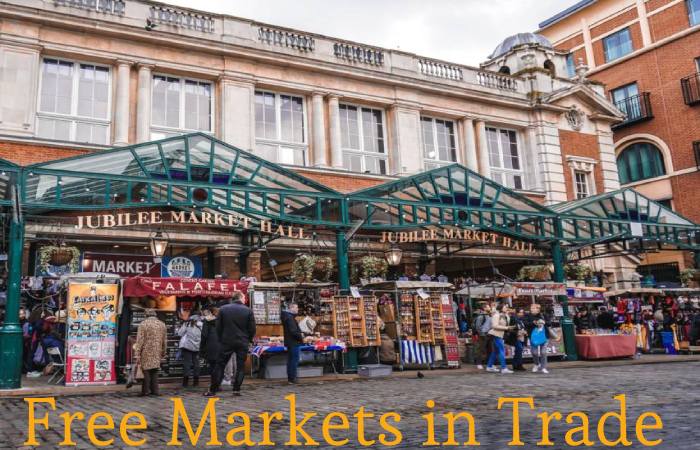Historically, trade and the opening of the free markets went hand in hand with better economic performance in countries at all levels of development, creating new opportunities for workers, consumers, and businesses worldwide and contributing millions of people out of poverty.
Table of Contents
Economic Growth
Relatively open economies grow sooner than relatively closed economies, and wages and working conditions are generally better in exporting companies than those that do not. Greater prosperity and opportunities around the world also contribute to more excellent stability and security for everyone.
So does trade really benefit the common man?
Trade has helped lift hundreds of millions of people out of poverty: the proportion of the world’s population living on less than $ 1.90 a day in PPP has fallen from 35% in 1990 to less than 10% in 2015.
Poverty in developing countries in 1993-2008 shows that a positive change in the real income of the poorest 20% of the population over the same period correlates strongly with openness to trade.
Developments
Developing and emerging countries play a more prominent role in trade than ever, helping to reduce inequality between countries (though not always within countries).
Trade has enabled unprecedented access to goods and services and revolutionized the availability of goods for low-income households.
Low Prices
Low prices particularly benefit poor households who spend relatively more on free marketable products (e.g., staple foods such as groceries and clothing).
Trade not only lowers prices but also creates jobs for millions of people around the world.
About 10% of the workforce is engaged in producing goods and services exported and consumed abroad, which equates to about 14 million jobs in the United States.
Shares in Trades Country-wise for Free Markets
The proportion rises to 20% for France, to almost 30% for Germany, and 47% for Ireland’s small open economy.

In all countries, the share of trade-dependent jobs is significantly higher when “indirect” exports are considered.
In some countries, such as China, these can exceed the number of jobs in the export industry. These indirect export channels are essential for small businesses.
Increasing Income
Trade also plays an important role in increasing incomes and improving general working conditions. For example, exporters in the United States have average wages that are 6% higher than non-exporters.
Trade also helps companies be more productive and innovative in Free Markets
Trade openness also benefits businesses by giving manufacturers access to larger free markets, enabling them to increase production and promoting competition and innovation in the free marketplace.
Companies that export have a tendency to be more productive than companies that don’t export.
Trade also enables new technologies to move more freely worldwide, which benefits more companies and more people.
Small Industries
Small industries, in particular, can profit from the diffusion of technology and management knowledge and opportunities to grow and improve their productivity.
The more country free markets, the more technology, and ideas spread; Workers do more, and higher productivity can lead to better wages.
Trade can bring about structural changes that require adjustment assistance in free markets
It is one of the main benefits of trading, but also one of its costs. Not all benefits of trade are immediate, and not all workers benefit.

Losses
Losses can be acute and focus on individuals, often those with minor adaptability.
So governments need not only to ensure that people can take advantage of the opportunities offered by trade and technology.
Trade Protection in Free Markets
However, protection affects those who are to be protected: the jobs preserved by protection are unlikely to be sustainable, or that protection will create new jobs.
Protecting Jobs
Protecting specific jobs or businesses is an expensive way to help a relatively small number of people, with the cost of employment in other sectors and low-income households increasing.
Profits in Free Markets
While open free markets can make profits, there are concerns that the current trading system will not work as it should to make those profits.
